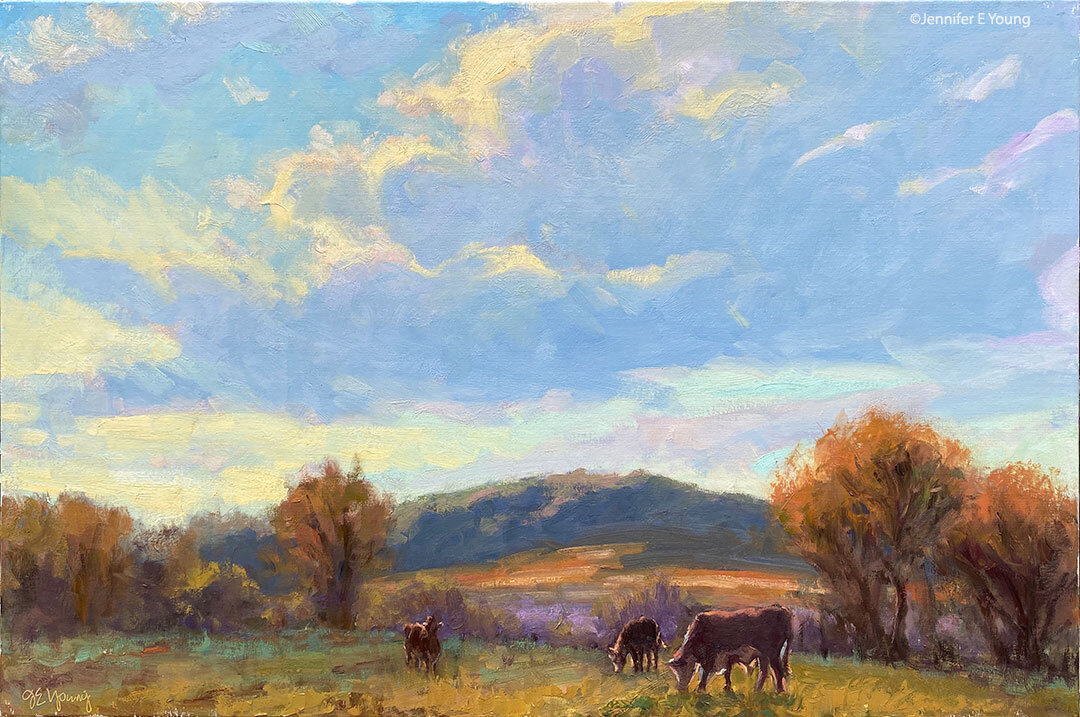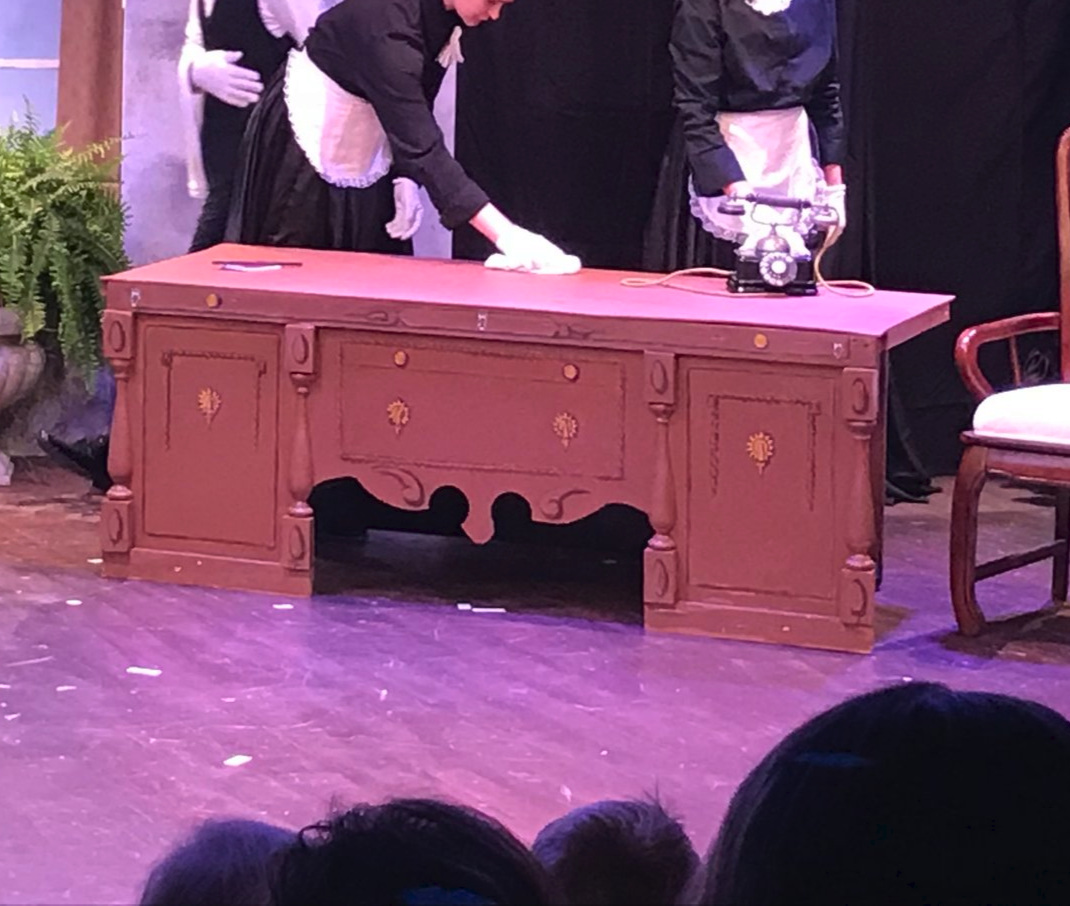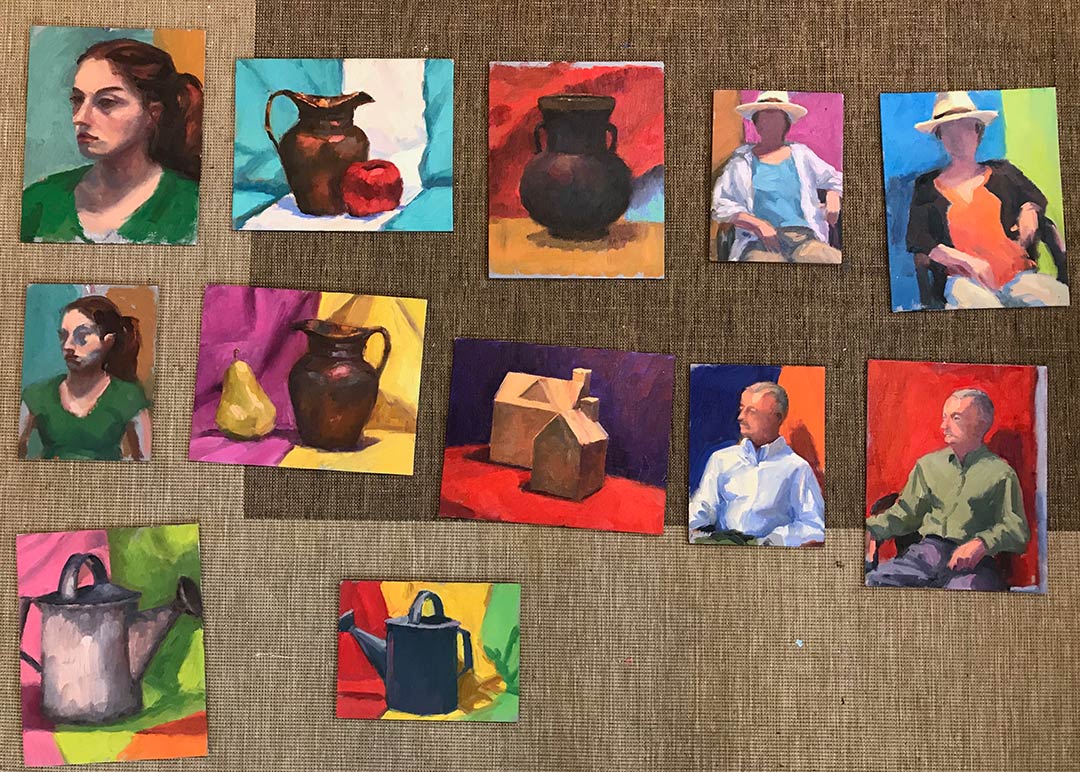Plein Air Easels- A pochade box for travel
/This is my 4th in a series of posts about artist's easels. You can see the other installments here:Part I: On the quest for the perfect easel Part II: Guerilla Painters' Pochade Box Part III: My Soltek Easel
After having already written extensively about my Soltek love, it may seem curious that I'd have yet another pochade- style easel to write about. But what I've found (and I'm sure other plein air painters can empathize) is that the quest for the most versatile and easy to use plein air easel must be tempered with the quest for the lightest possible plein air setup. This is especially important if you're an artist who likes to travel.
With the airline regulations being what they are, it has become more and more of a challenge trying to figure out what items to check (if any) and what items to carry on in the ever-diminishing size of the acceptable carry on bag. While I may not be able to bring all of my art supplies with me on the plane, I prefer to have my easel in my carry-on. When traveling overseas, this sometimes means carrying my bag while running to make a flight connection, so a lightweight and compact bag becomes all the more important.

While the Soltek is lighter than many other setups, I still found myself wondering, "Can I go lighter?" The answer is, of course, yes. Surely there are many options for going lighter, but the one I chose was the "Prochade Kit" by EasyL, referenced in a book I blogged about a while back by Kevin Macpherson; Landscape Painting Inside & Out.
I had seen other EasyL paint boxes and I was impressed by the setup. In fact, if I hadn't already gotten a Soltek I might have seriously considered the EasyL Versa, which offers a good deal of versatility while still being lightweight, and at a much more wallet-friendly price. But having already made my "primary" plein air easel selection, I honed in on the Prochade Kit for travel.

At first, I thought I'd only get the little box. After all, I already had a tripod and a couple of bags. But after really examining the Kit, which included a lighter-weight tripod, a GREAT bag, and a number of other nifty add-ons and doo-dads, I justified that it was a decent buy, considering. I really feel like a lot of thought went into the design of the kit, and with everything weighing in at around 10 lbs, I couldn't imagine as detailed a setup that is much lighter.
When I first got this little box, I was a bit wary. Compared to the other models I'd experienced, the box seemed a little TOO light, and I was concerned about its fragility. The adaptive panel holder appears to raise and lower by the means of some kind of internal spring. I wasn't used to this kind of mechanism and wondered if it would hold up, but after several months of use it has so far worked fine. It does come with a warning, however, not to extend this mechanism beyond the 10" high limit. It holds panel heights from 6 to 10 inches, and any reasonable width. Since I usually paint on the small side out of doors, and particularly when I'm traveling, this was actually fine for me. And while I feel the external latches that close the box are on the flimsy side, the knob and sliding hinge are of a quality that is actually quite good.
But probably what I like most about this kit is the bag. It has a perfect number of slots, pockets, and compartments, making packing and organizing supplies a breeze. While this bag isn't suitable for larger easels or thicker pochade boxes, it is perfect for a true cigar-style pochade box, whether purchased from EasyL or home-made. It is the right size for the airline carry-on regulations; and while it is lightweight, it is extremely durable and has enough padding to make it comfortable to carry.
Overall I have been quite happy with the kit, for the main reason that it met my specific needs of a travel box that is lightweight, but complete enough so that I can do more than just light sketching. But I don't know that I'd recommend this kit as a primary setup for the every day plein air. Even weighted down, it does not hold up in the wind--and I've found myself holding on to it for dear life during some unexpected wind gusts.
I'll close this little book on plein air easels with some final thoughts.
- Do plenty of research before you buy your plein air easel, but beyond that, give some thought to the way you typically paint. If you don't paint large, you probably don't need an easel that accomodates a 30" high canvas. Perhaps even consider writing down the key features that are important to you in a plein air easel before shopping.
- You don't have to spend a lot of money to paint en plein air. There are a number of options that are quite inexpensive that you can start with before taking the leap of buying a fancier model:
- One of the most inexpensive commercially available models I've found is the Studio RTA simple tripod steel easel. Nothing fancy, but quite sturdy and lightweight (though because of this it will probably not stay put in strong wind.) With this model, you'll have to hold your palette and find somewhere to put your supplies, but at $40 it's a decent deal. I have a couple of these easels at my studio for workshops and they work quite well.
- Another option is just to consider making your own plein air setup if you are particularly handy. I've promised my husband that this is going to be my next pochade box . Cost? Under $15! (hand slapping squarely on forehead.) Thank you to Ellie Clemons for the wonderfully detailed instructions, and to artist John Haynes' thoughtful blog that I just discovered for pointing me to Ellie's page. Also check out artist David Cornelius' hand made work-in-progress "easel pal" for some additional ideas.
- If your art travels involve flying, be sure to check out the many (and seemingly ever-changing) guidelines and regulations before deciding what to bring and what to leave at home. The Gamblin website has some useful tips about traveling with your paints. Artist Robert Genn had a good discussion going not too long ago on this subject also, on "The Painter's Keys" --a website that offers artists tips on matters both practical and inspirational.
- Have fun and happy painting!











